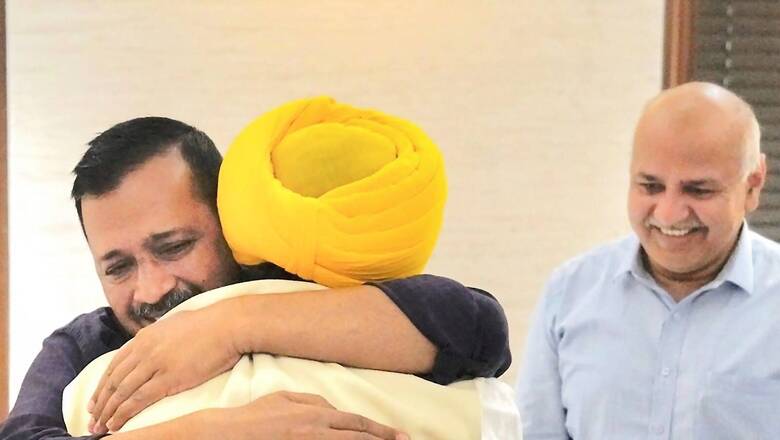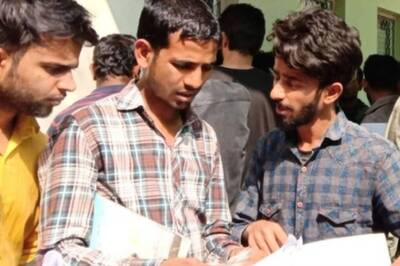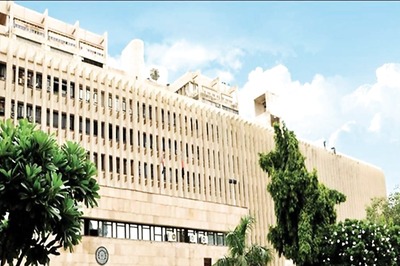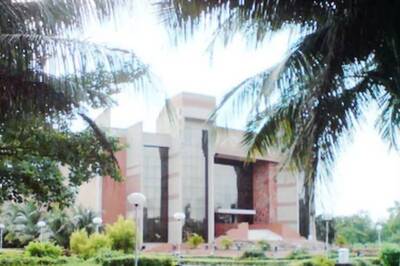
views
With 92 out of the total 117 seats in the state assembly, Aam Aadmi Party (AAP) has got a euphoric start to its first political innings in a state outside Delhi. The historic mandate delivered by Punjab’s three crore population also gives AAP a unique opportunity to address some of the challenges that impact its government in the national capital.
All eyes will now be on party convener and three-time Delhi chief minister Arvind Kejriwal who has continued to blame the government of neighbouring states for the city’s hazardous air quality in winter. Every October, as the smog-filled skies turn grey in the national capital, the CM of Delhi hits out at his counterparts in Punjab and Haryana for “doing nothing” to stop farmers from burning crop stubble. The latter, in turn, blame the Delhi government for “its failure to address the vehicular pollution” that contributes at least 40 per cent to the total problem.
Ahead of last month?s assembly elections, the Shiromani Akali Dal (SAD) also accused Kejriwal of “defaming Punjab’s farmers” for Delhi’s polluted air. The Delhi CM has also sparred with former Punjab chief minister Captain Amarinder Singh in the past, over the issue while pinning the blame on each other. With both Punjab and Delhi’s reins now in the hands of the Kejriwal-led party, it will be interesting to see if the new government can prevent the crisis from turning into the same-old political slugfest this winter. With a record majority in the assembly, AAP now also has the full mandate of implementing its much-touted plan of bio-decomposers for farmers.
“AAP has now got a big opportunity to set things in order. We will have to wait and see how well they take on this challenge. At least, he will now have to refrain from making certain statements,” said policy expert Devinder Sharma. “Punjab has been the seat of the green revolution in India but landed in an environmental mess. Now here is a chance for the party to put the state back on the track of an ?evergreen revolution? while making farming sustainable and economically viable for future generations.”
Though Delhi struggles with very poor air quality levels all-round the year, the ambient PM2.5 concentrations especially spike in October-November, the peak season for paddy harvesting, when abundant crop residue is burnt by farmers to prepare for the next cycle. Punjab alone generates an estimated 20 million tonnes of paddy stubble every year. Despite a ban imposed by the National Green Tribunal, the practice of stubble burning continues unabated, as farmers and government remain at loggerheads over a cost-effective alternative. According to the central government, crop waste burning contributes roughly 10 per cent to the worsening air quality in Delhi.
“Though not the main contributors, Punjab?s farmers do have a significant stake in the issue, at least for a very short period of time when the winter starts and harvesting begins. But, there are other major contributing factors as well. Nonetheless, the party now has a lot of leverage to address the ecological crisis that this region faces. Especially Punjab. Look at any of the indicators— groundwater depletion, pesticide use, river pollution— Punjab is struggling in all,” said Chandra Bhushan, founder-CEO of Delhi-based International Forum for Environment, Sustainability & Technology (iFOREST).
According to policy experts, the problem of stubble burning can also be tackled, if farmers are given additional resources for managing the waste. Demands for providing Rs 200 per quintal of paddy to farmers have also been raised in the past. But, for that, the government will also have to take stock of the state’s fiscal policy.
“The crisis in agriculture is deep-rooted. AAP will have to be mindful of that when it begins addressing the issues related to farmers,” said Dr Sukhpal Singh, principal economist from Punjab Agricultural University, Ludhiana. “There is a debt of roughly Rs 10 lakh on every farm family. Youth is no longer interested in farming. There are no jobs, and small and medium industries are shutting down. Youth is either falling back into drugs or migrating abroad. People have trusted AAP just because it is not any other traditional party. But, the new government will have to take some bold steps to retain their trust and correct the state’s fiscal policy first.”
With his ten-point agenda, Kejriwal may have won the people’s mandate, but meeting the promises will remain an arduous task. The party’s CM-designate Bhagwant Mann has vowed to bring the youth of Punjab back to their homeland and offer a slew of job opportunities. The party has also promised to provide better facilities on the lines of Delhi, improved government schools and 16,000 mohalla clinics in villages, and a robust public healthcare system, with “no additional taxes.”
But promises, as many say, are double-edged swords. In the case of AAP, the stakes are high as Punjab could set the tone for its future political course nationally. But what remains to be seen is how the two-time Delhi chief minister Arvind Kejriwal now plans to address the city?s chronic pollution problem while keeping the farmers’ confidence intact in Punjab.
Read all the Latest Politics News here




















Comments
0 comment